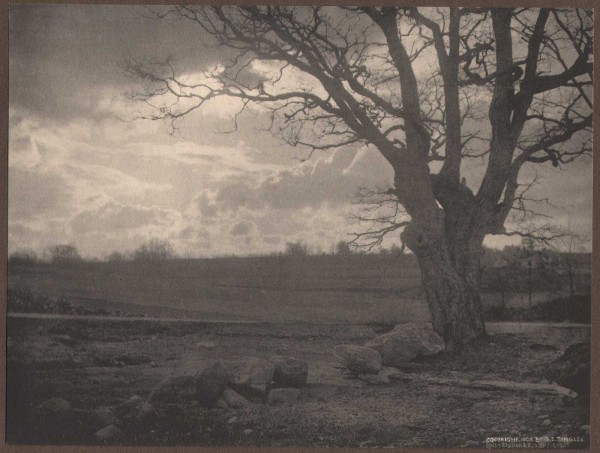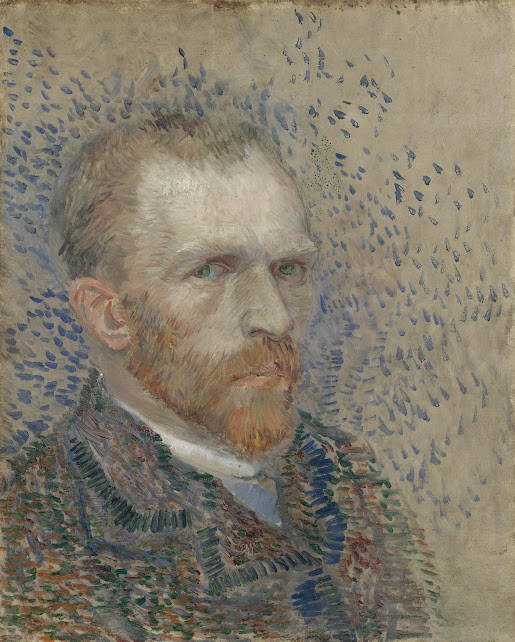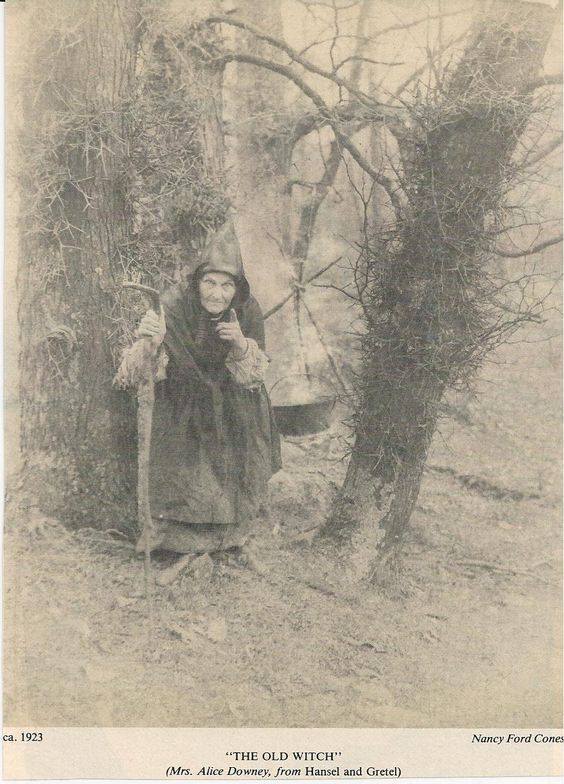Sloane, The Autumn of a Barn, 1973
When years have left these walls and siding gray
And wind has dug its nails into the piney board
Around this relic chants the raucous jay
His lonely notes above the prairie sward.
Then, in your heart of hearts, what may befall
Remembering days with byre in the barnyard red,
When Charlie sawed his fiddle, gave the call,
Flesh soft, my hand, her glance and toss of head.
Our striplings, grown, then lend the dance anew,
Within the loft, they shone in bright array,
fresh partners laughed, grasped hands on cue,
Each one, each youth, there found its glorious day.
So, hailing what we leave, come, toll the bell,
And bid the barn, the past, a fond farewell.
Robert Tallant Loudon
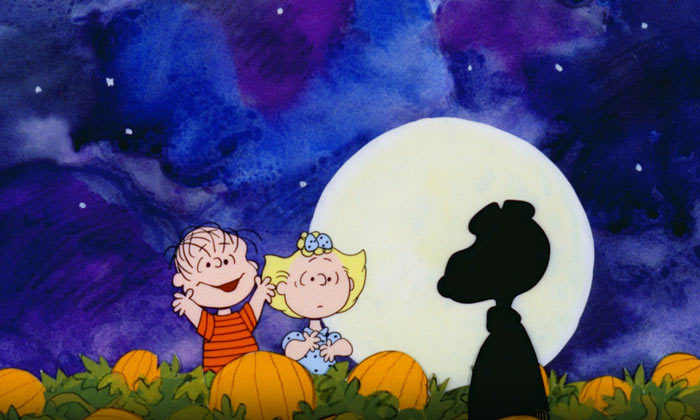
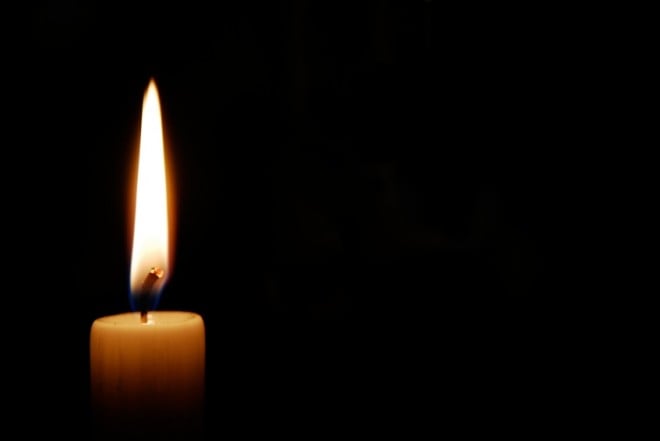
/https://public-media.smithsonianmag.com/filer/e6/41/e641a733-5d49-4fe6-9661-bcf33107ea76/mischief-night-pumpkin.jpg)



.jpg)



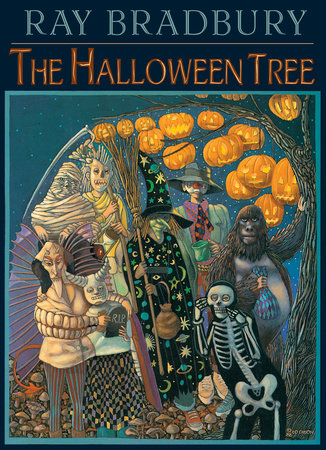






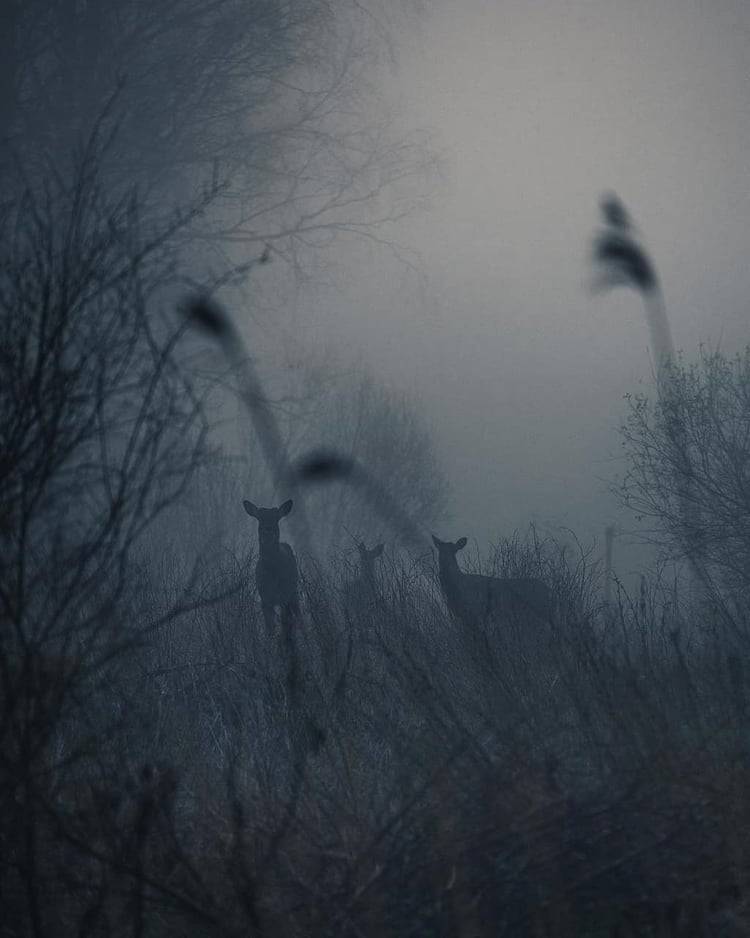


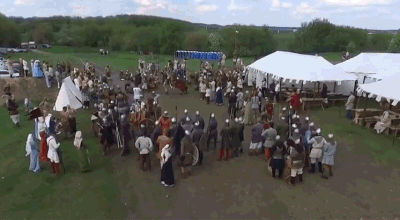


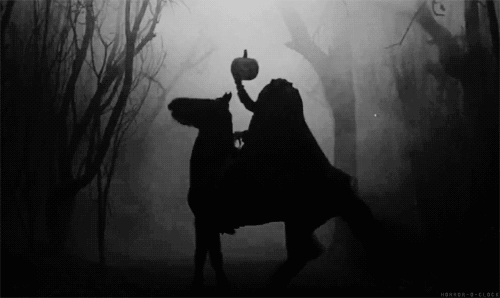
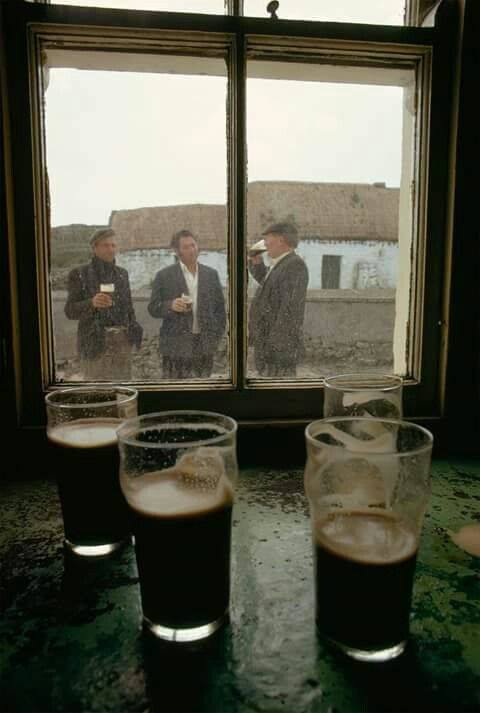
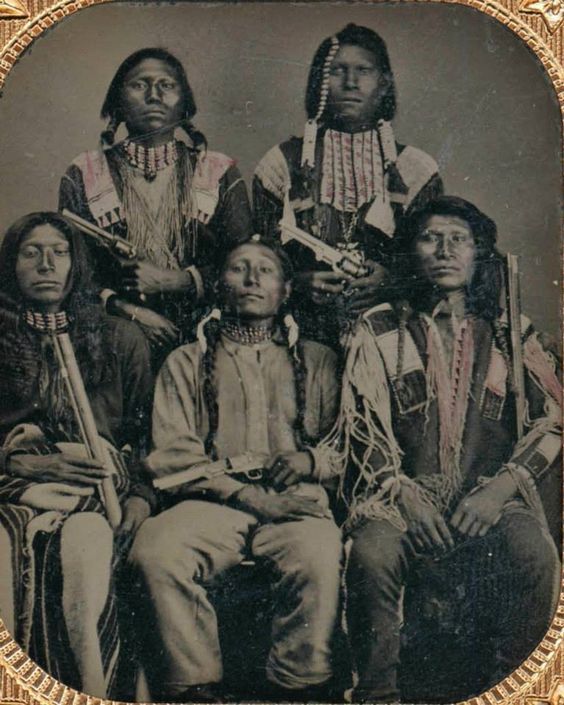






.jpg)
